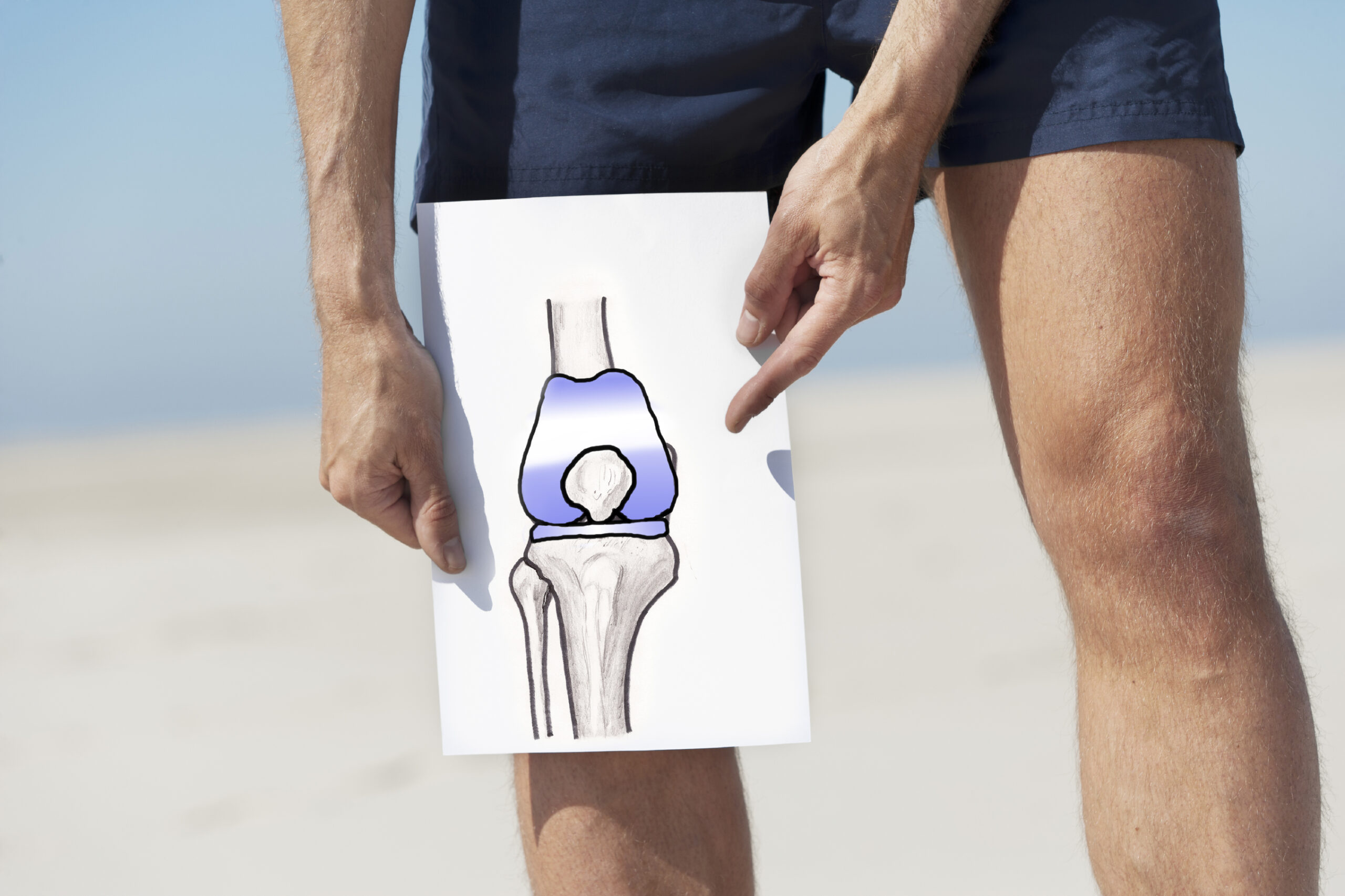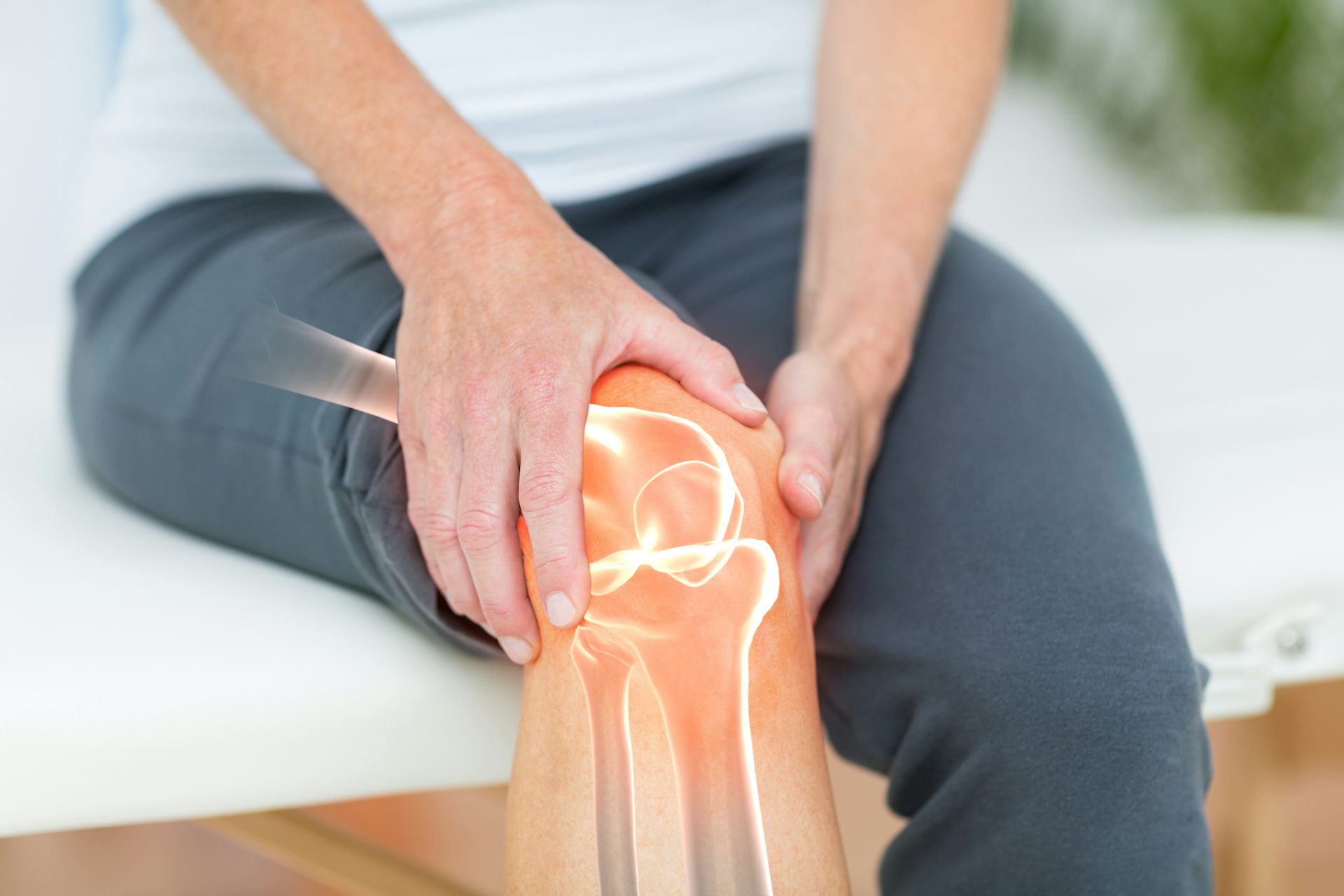Total Knee Prosthesis

By: Assoc. Dr. ancestor
Total Knee Prosthesis
It is a surgical procedure used when the knee joint is completely replaced. total knee prosthesis During surgery, the damaged or worn knee joint is replaced with an artificial implant. This implant may be made of metal alloys, plastic and ceramics. It increases mobility and quality of life by using it in people with knee pain and limited mobility.
In Which Situations Is Total Knee Prosthesis Applied?

In this case, there may be an option to reconstruct the joint and restore functionality. Severe bone fractures in the knee joint prevent the joint from healing properly. It may cause joint problems in the future. In this case, it can be considered. Osteoarthritis, bone necrosis, and infections in the joints can also cause damage to the knee joint. In such cases it may be necessary. However, every patient and situation is different. Because total knee replacement It is important to consult a doctor to determine if it is appropriate. Your doctor will perform a physical examination, imaging tests, and evaluate your medical history. He will then recommend the most suitable treatment options for you.
How is Total Knee Prosthesis Applied?
The patient's general health condition is evaluated and necessary tests are performed. Before surgery, imaging tests such as blood tests, x-rays, and sometimes MRI may be performed. Additionally, a preliminary meeting is held with the patient's anesthesiologist. total knee prosthesis It is usually done under general anesthesia, so the patient is asleep and does not feel pain. However, in some cases, epidural or spinal anesthesia may also be used. The surgeon makes an incision in the front of the knee joint. This incision is made to gain access to the inside of the knee joint. The surgeon opens the knee joint and removes the patient's cartilage and damaged tissues. The bone surfaces of the knee joint are replaced with special metal and plastic prostheses. The prosthesis is placed on the upper end of the femur (thigh bone) and the lower end of the tibia (shin bone). In some cases, prosthesis replacement can also be made on the patella (knee cap).
After the prostheses are placed, the surgeon closes the incision. The post-operative rehabilitation process is very important. Patients usually stay in the hospital for several days. They learn movements and exercises under the guidance of physiotherapists. These exercises help increase the strength and range of motion of the knee and speed up the healing process. Depending on the patient's condition, discharge is performed. However, postoperative checks and physiotherapy sessions continue. total knee prosthesisIt can significantly reduce knee pain and movement restrictions and improve patients' quality of life. However, as with any surgical procedure, there may be some risks and complications. Therefore, it is important for patients to receive complete information about the pre- and post-surgical process. They need to have close communication with their surgeon.
Things to Consider After Total Knee Prosthesis

For this reason, you should perform wound care regularly as recommended by your doctor. Post-operative physical therapy and rehabilitation process is very important. This process is important for regaining muscle strength, increasing range of motion, and regaining walking ability.
It is necessary to follow your physical therapy program regularly. It is also important to do the recommended exercises. Post-operative pain is normal but should be kept under control. It is important to regularly use painkillers recommended by your doctor and keep the pain under control. Healthy eating, total knee replacement Supports the post-healing process. Getting enough protein helps bones and muscles heal. It is also important to drink enough water. It's important to rest after surgery, but it's also important not to overdo it.
It is necessary to regularly do the activities recommended by your doctor. It is important to move slowly and avoid overexertion. Wearing appropriate shoes after the operation is important to ensure your walking and balance. It is important to use the shoes recommended by your doctor. It is important to go for regular doctor check-ups after surgery. During these checks, the healing process of the surgery is evaluated. Possible complications can be detected early. Since each patient's situation is different, total knee replacement Things to consider afterwards are specific to the individual. Therefore, it is important to take into account your doctor's specific instructions.





